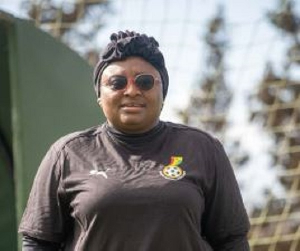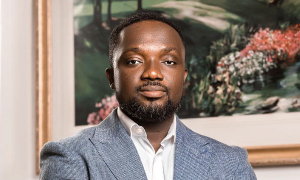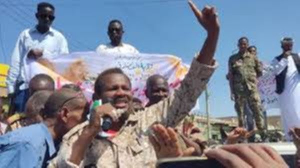Ho, June 22, GNA-Professor Evans Atta Mills, the National Democratic Congress (NDC) Presidential candidate in the 2004 elections has advocated for a funding mechanism in education that would make education available to all without beneficiaries paying for it individually. He said while cost sharing in the light of rising costs was practical, full cost recovery should be taken out of the vocabulary of education in the country.
Professor Mills was presenting a paper on "Polytechnic Education: Chance or Choice" at the launch of the Ghana National Union of Polytechnic Students Union (GNUPS) week celebration at the Ho Polytechnic. He said the search must go beyond the GETFund for other forms of funding that must be acceptable and workable for all stakeholders in education.
Professor Mills said education represented the most important investment that a country could make and determined the fortunes of a country. He said the programmes, such as engineering accounting and management studied at the polytechnics were designed to produce people of some distinctive competence to propel the development of the country.
Professor Mills said polytechnic courses were, in many areas, more relevant to the needs of the country than university courses and cautioned against the polytechnics trying to "ape" the universities. Professor Mills said career option rather than the minimum qualification marks should be the benchmark for entering for polytechnic courses, saying, "since talents differ, choices must also differ." He said a diligent approach to the implementation of the report of the University Rationalization Committee released in the late 1990s would address problems of progression and accreditation for degree courses for the polytechnics.
The GNUPS week is also highlighting the role of the Polytechnic woman in the fight against discrimination against women. Mrs. Hilary Gbedemah, a Private Legal Practitioner and a gender rights advocate said the most effective tool to eradicate practices that had affected the development of women negatively was education.
General News of Wednesday, 22 June 2005
Source: GNA
















